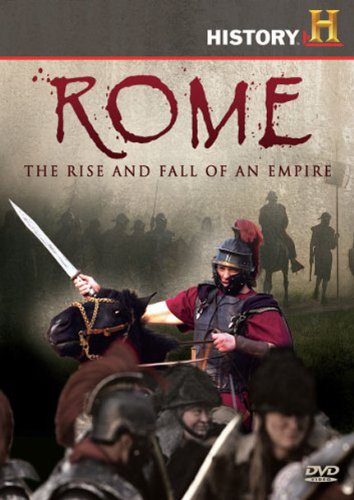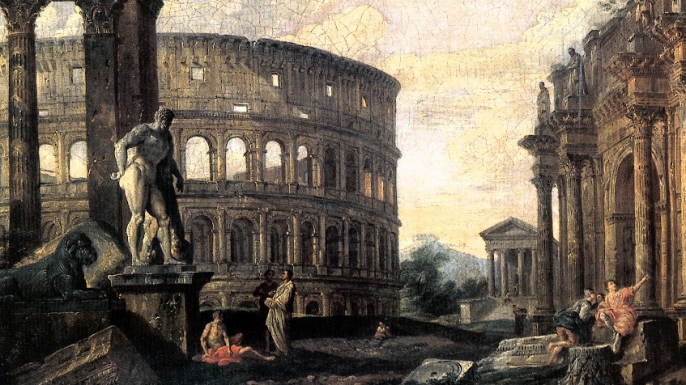How Rome Rose and Fell: A Story of Tolerance and Meritocracy
Rome stood as an unbroken civilization for over 2000 years, from its founding in 753 BC until the fall of Constantinople in 1453 AD. During this immense span of history, Rome persisted through immense challenges and changes. This continuity can largely be attributed to Rome’s trademark values of tolerance and meritocracy. When Rome stayed true to these principles, it thrived; yet when intolerance took hold, its decline began. Let us explore how these virtues built and ultimately dismantled the Roman Empire.
Recruiting the Best Talent
Rome showed early signs of merit-based advancement by taking the best parts of conquered cultures. If Rome found another nation did something better, they readily adopted it. Over centuries, Rome absorbed the finest aspects of European and North African cultures. This blend made Rome stronger. A similar spirit of openness guided Rome’s military recruitment. In crisis eras, when Italian recruitment faltered, warlike Illyrians filled the legions’ depleted ranks. Skilled Illyrians like Aurelian and Diocletian rose to save Rome through leadership, not lineage. Their non-Italian ethnicities never hindered promotion in this tolerant system.

Welcoming Germanic Settlement
During migrations, Rome again faced recruiting shortfalls. Starving Germanic tribes flooded in, hopeful to settle and serve. But this time, intolerance held sway. Romans crammed migrants into dire reservations, denying citizenship that could have bolstered dwindling legions. When persecution bloomed into rebel armies led by talented German-Romans like Stilicho, intolerance had manufactured threats. Had Rome instead greeted migrants with the old tolerance - granting fertile frontiers and legions’ laurels in exchange for allegiance - recruits may have stemmed the Empire’s ebbing tide.
Preserving Unity Through Diversity
The Eastern Roman Empire held on longest due to advantageous position, not ethnicity. Across two millennia, Rome comprised peoples of all backgrounds. Roman identity arose not from blood, but the shared ties of Latin, law and empire that bonded disparate diasporas. Diversity, not division, underwrote Roman strength. Yet in twilight centuries, ethnicity mattered more than merit. Noble generals like Stilicho were barred from power by those valuing race over capability. With the meritocratic system broken and intolerance entrenched, cracks in Roman unity widened into the breaches that ultimately brought the Western Empire down.
Rome’s Living Legacy
Despite dramatic political change, Roman culture lived on. The religious faith of over two billion Christians traces to Rome, as does the legal apparatus governing many nations. Furthermore, Europe and beyond still rely on the infrastructure of Roman roads. In these ways and more, Rome refused to die fully even when its political reign ended. Its foundational qualities of tolerance and merit-based systems still undergird much of the modern world. Though no state lasts forever, Rome’s longest continuity arose from consistently applying principles that fairly and pragmatically united disparate peoples under the banner of a shared empire - not ethnicity or dogma. Its ability to adapt proved stronger than any invader’s ability to destroy.
This ability is Rome’s true legacy, one with lessons for any nation. By judging individuals based on character alone, and valuing talent over origins, Rome unlocked diversity’s potential. Its strengths were many peoples working as one. When this cohesion frayed through intolerance, so too did Rome’s fabric. But the virtues that wove humanity together across vast eras still profoundly shape our world. In that way, Rome was fated not just to rule, but to reform the terms of rulership wherever its spirit endured.
